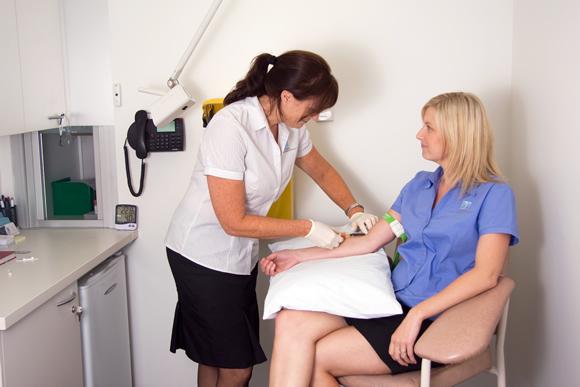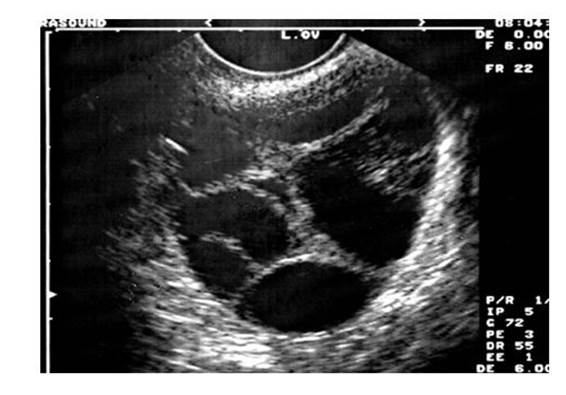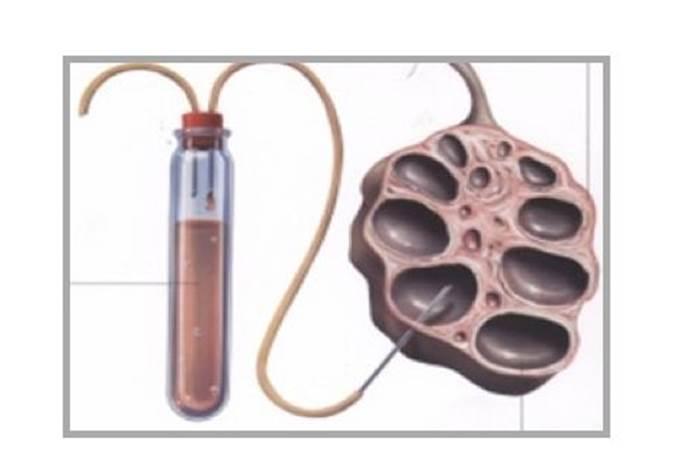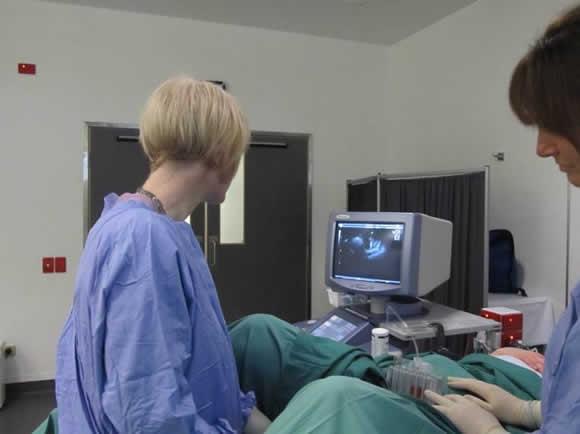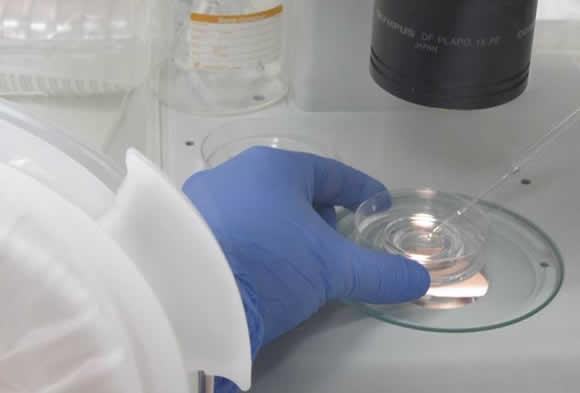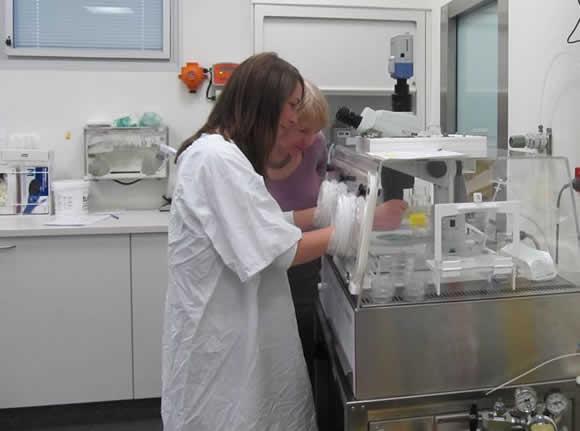Egg donors are required to undergo an IVF cycle in order to retrieve their eggs. They are required to attend a set of appointments and screenings. Once complete, donors are then matched with a recipient couple and will commence an egg donation cycle.
Interview process
What initial appointments do I need to attend?
- Initial chat with donor coordinator at clinic (30mins)
- Fertility specialist appointment
- Counsellor appointment (with your partner if you have one)
- Nurse appointment
Screening for infectious diseases and genetic screening with blood and urine tests
Sign consent forms
Once you register your interest in becoming an egg donor, our donor coordinator will call you to discuss your eligibility. If you tick all the boxes, we will organise you an appointment to come into the clinic and see our donor coordinator.
- Initial chat with donor coordinator at clinic
When considering egg donation we like you to have a 30 min chat with our donor coordinator at our clinic to talk about the IVF cycle. Please bring along all of your questions for us to answer for you. - Fertility specialist appointment
You are required to see one of our fertility specialists to ensure you are medically suitable to become an egg donor. The doctor will review your medical and family history, and explain what is involved in the egg donation cycle. You will need a referral from your GP to see the fertility specialist. Your appointment with the fertility specialist will be bulk billed. - Counsellor appointment
You and your partner (if you have one)are required to meet with our counsellor to talk about the egg donation process. Many people think it is to check you are a good enough donor, it is not. Counselling guides you through the issues and implications to consider when you are considering donating your eggs to make sure you are making an informed decision. - Nurses appointment
The nurse’s appointment involves running through the whole egg donation process, including drugs and side effects. We want to a make sure you are fully informed about what to expect during the egg donation cycle. The nurse will do your screening bloods tests and urine test for infectious diseases and genetic screening. An ultrasound scan is usually performed on this day. Before treatment can begin consent forms and a donor declaration must be signed.
Egg donation cycle
We generally do our egg donor cycles using an Antagonist cycle – unless your doctor requests otherwise. A step by step treatment plan will be given to you to follow.
Antagonist Cycle
- Oral contraceptive pill (OCP) for 3 weeks
- Stop OCP – period due
- Day 1 - Commence FSH injections once a day
- Day 5 – Introduce Antagonist injections once a day
- Day 7 – Ultrasound scan
- Day 10 – Repeat ultrasound scan if required
- Trigger medication – stop injections (36hrs before egg collection)
- Egg collection under local anaesthetic with sedation
The cycle takes approx. 10-14 days, from the time injections are started to the time of egg collection.
Step 1: Oral contraceptive pill (OCP)
Once treatment is ready to start, donors are placed on the OCP so we can time their treatment. The active pill is used for approx. 3 weeks. Once advised to stop, a period can be expected within 2 – 3 days. Shortly after this, ovarian stimulation begins.
Step 2: Ovarian stimulation
Follicle stimulating hormones (FSH) injections are given daily to stimulate the ovaries. In a natural cycle, only one egg matures; FSH injections encourage more than one egg to mature in the ovaries so when it’s time for the egg collection there is more than one egg for retrieval.
The FSH injections are given in a diabetic style pen for donors to administer themselves at home. Donors are booked to come into the clinic to collect their medications so we can advise the correct injection technique.
Step 3: Preventing ovulation and monitoring
On the 5th day of FSH injections we introduce a second injection called an antagonist injection (Orgalutran). This works by preventing the woman from ovulating (releasing an egg from the ovary) too soon during stimulation of their ovaries. During this phase donors will need to come to the clinic for an ultrasound scan and blood test. Usually a second scan and blood test is required a few days later.
Step 4: Triggering Ovulation and Egg collection
When the ultrasound imaging shows that the donor's eggs have sufficiently developed, the donor will be instructed to trigger ovulation with a nasal spray. Two days later, her eggs are collected in a short procedure called an egg collection. The egg collection procedure is done under local anaesthetic with sedation, so usually the donor is awake but nice and relaxed. The doctor uses a fine needle, guided by ultrasound, that passes through the top of the vaginal wall and across into the ovary. Here the follicles are drained of their fluid and in this fluid are the eggs to be donated. This procedure usually takes around 15 – 20 mins. Donors are required to stay 2 hours following this procedure and will need someone to drive them home from the hospital.
Step 5: Recovery
It is normal to have some period like pain after an egg collection and some bleeding. This usually only lasts a couple of days. We advise donors to rest and take analgesia during this time. Most women will take 1-2 days off work and a doctor’s certificate can be issued for this time. A period is due approx. 2 weeks after the egg collection procedure which may be heavier than usual.

